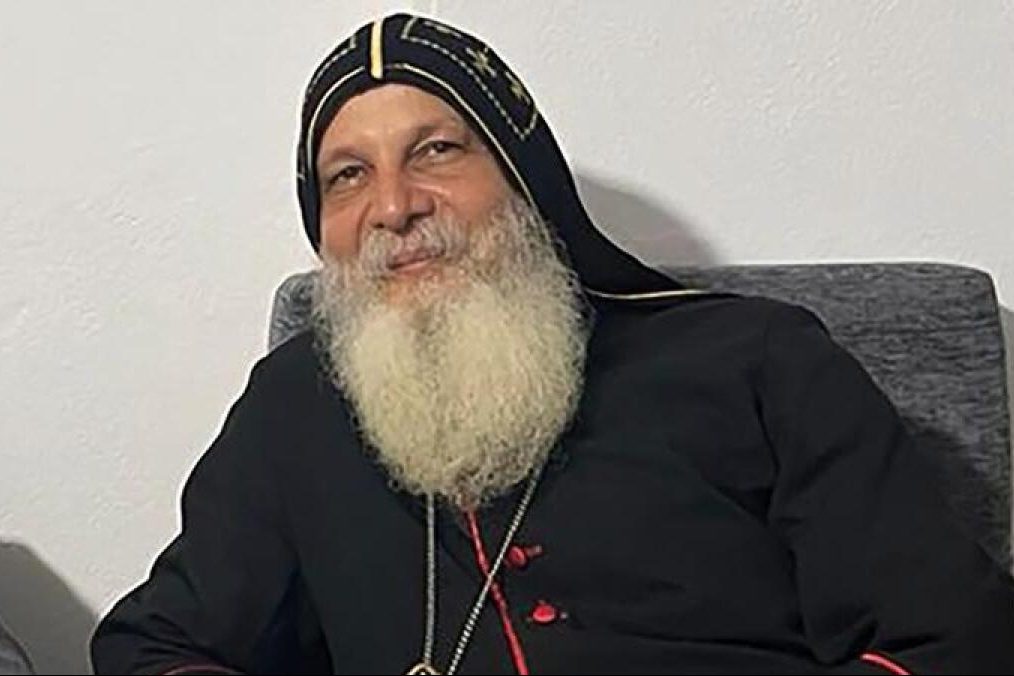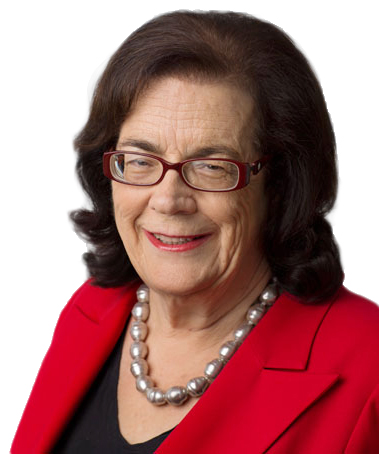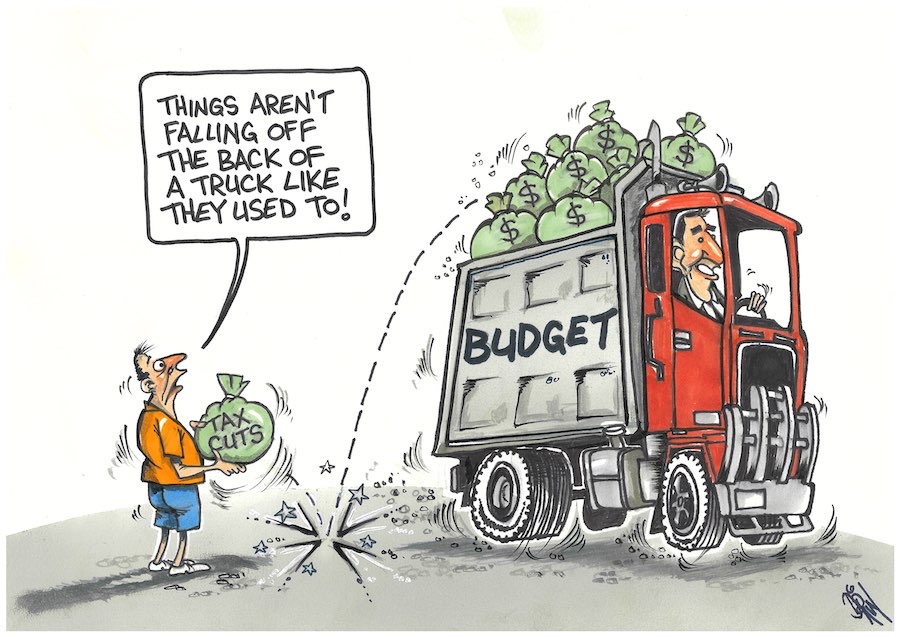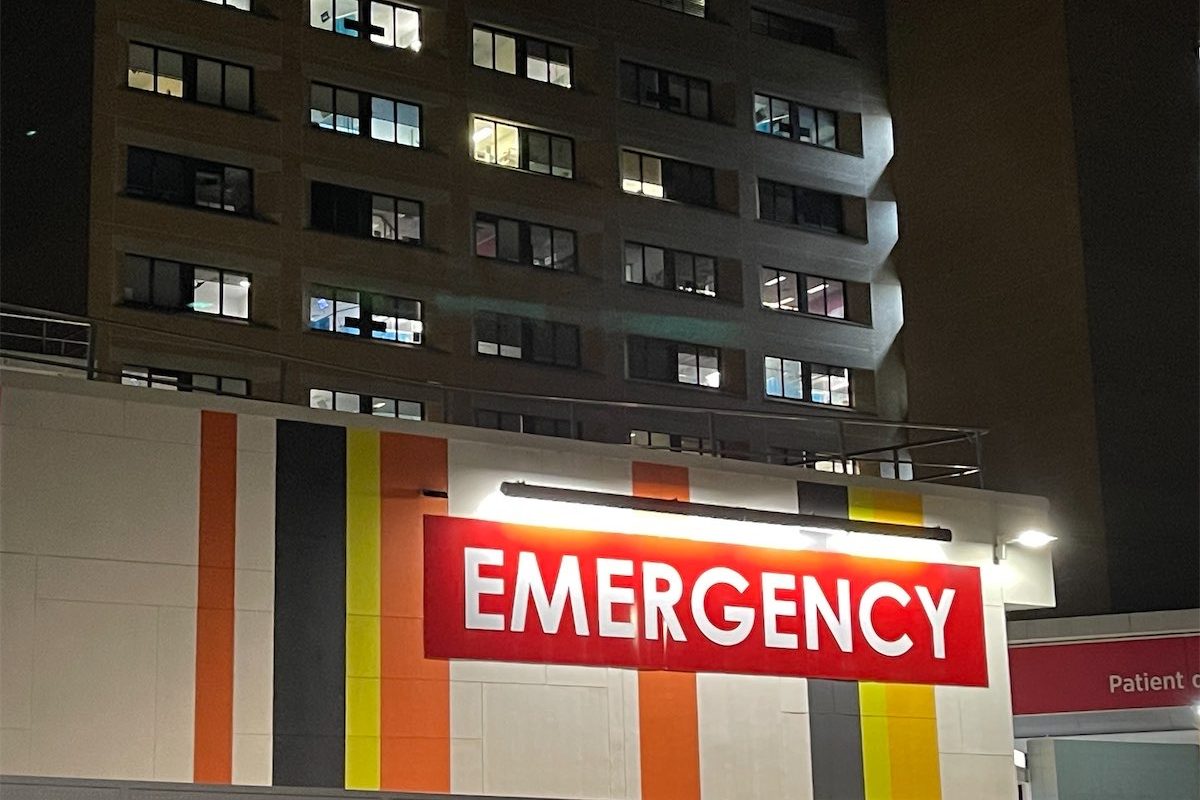
Social media companies can’t be immune from the need for a social licence, writes political columnist MICHELLE GRATTAN.
In the free-for-all between the Australian government and Big Tech boss Elon Musk this week, the government had to be on a winner.

Most people would have little sympathy with Musk’s vociferous opposition to being told to take down from X (previously Twitter) the video of the stabbing of bishop Mar Mari Emmanuel at a Sydney Assyrian church.
Admittedly the matter isn’t clear cut, and the bishop himself has now said he wasn’t opposed to the video being on the platform, citing freedom of speech and freedom of religion.
But in this case public interest in removing (partially – it can still be found in Australia and hasn’t been taken down beyond Australia) the depiction of a violent alleged crime trumps arguments about censorship.
The alleged attack, over which a 16-year-old boy has been charged, fell within the definition of a terrorist act. The video’s suppression is justified to try to reduce the risk of further violence – the stabbing had been followed by a riot – including copycat attacks.
This point was reinforced when this week counter terrorism police raided Sydney houses and arrested minors with alleged connections to the boy. Five were later charged with terrorism-related offences. Police had been keeping watch on the youths but decided they “posed an unacceptable risk to the people of NSW, and our current purely investigative strategies could not adequately ensure public safety”.
The fight between Musk and the government is in court. But in the court of public opinion, Anthony Albanese’s rejection of the up-yours attitude of the man he labels an arrogant egotistical billionaire is likely to resonate with many Australians.
This isn’t just, or even mainly, because of the video incident. It’s that so many people are increasingly alarmed about the harm social media is doing. For all its pluses, its destructive aspects are becoming more and more threatening, and frustration at the (often ugly) muscle of the tech companies is growing.
Leave aside the way these platforms have debased political debate, with many users losing all inhibitions as they lash out, not to mention trolling and the like.
Go to the issue of violence against women, which Attorney-General Mark Dreyfus described the other day as an “epidemic”. It has multiple roots, but there’s little doubt appalling material on parts of the internet is a contributor.
Some parents despair about how addiction to social media can capture their children as strongly as addiction to hard drugs. Young kids access degrading porn. Susceptible teens have their mental health destabilised. Parents are told to monitor their children’s use of social media, but that often proves impossible.
Tech companies see themselves as free markets for communications. But dysfunctional markets require regulation, or effective self-regulation.
Ways to do this may not be easy or obvious. But you get the impression Big Tech is on notice and the pressure will only become greater. Big Tech needs to win a social licence, something it often fails to comprehend.
Another battle the Albanese government has been waging is over the decision of Meta (which owns Facebook and Instagram) to stop paying for news content harvested from other sites.
The former government, under Treasurer Josh Frydenberg, struck a deal for platforms to pay for content they obtained from other media, the proceeds of which went back into journalism. With the deal expiring, Meta has walked away from the arrangement, and Facebook has just closed its news tab in Australia although it still has news in its feed. It says this is part of its general step back from news. The implied threat is to stop carrying news in Australia – a course Meta has followed in Canada.
The money involved is peanuts, while the implications for an Australian community where so many young people access their news through these platforms, rather than in the legacy media (TV, newspapers, radio), are significant.
On yet another front, this week the chief of ASIO Mike Burgess and the Australian Federal Police Commissioner Reece Kershaw appeared jointly at the National Press Club with a plea for more cooperation from the tech companies, especially in dealing with the challenges the expansions of end-to-end encryption poses for intelligence gathering and law enforcement.
Burgess said he wasn’t asking the government for more powers. “I am asking the tech companies to do more. I’m asking them to give effect to our existing powers and to uphold existing laws.
“Without their help in very limited and strictly controlled circumstances, encryption is unaccountable. In effect, unaccountable encryption is like building a safe room for terrorists and spies, a secure place where they can plot and plan.”
Kershaw said: “Some of our children and other vulnerable people are being bewitched online by a cauldron of extremist poison on the open and dark web.
“That’s one serious problem. The other is that the very nature of social media allows that extremist poison to spray across the globe almost instantaneously.
“We can look at it another way. Social media companies are refusing to snuff out the social combustion on their platforms. Instead of putting out the embers that start on their platforms, their indifference and defiance is pouring accelerant on the flames.”
Opposition communications spokesman David Coleman is urging a minimum age (say 16), with age verification, for access to social media. While this would see pushback from young people and difficulties in enforcement, Coleman points to legal obligations related to age in both the United Kingdom and Florida. He concedes no online regulation is perfect but argues it would be far better than the current situation.
Coleman says the eSafety Commissioner recommended a trial of “age assurance” technology, which could include social media in its scope. “The fact that kids are seeing this horrendous, violent material on social media is just completely unacceptable. We wouldn’t accept it if it was TV. We wouldn’t accept it if it was movies, we wouldn’t let 10-year-olds access this sort of material. And yet on social media, it happens every single day,” he said on radio this week.
The debate over social media has brought back into the frame the government’s proposed legislation to crack down on “misinformation” and “disinformation”. An exposure draft it earlier released has been on the backburner, with more consultations after a broad backlash on freedom-of-speech grounds.
The government hopes the fuelling of concern about social media by recent events will help muster support for whatever new version of this legislation it produces. But while there is overlap, the misinformation/disinformation debate should be treated separately. It involves core free speech issues, and the balance of risks is different from the harms caused by the worst aspects of social media. It is dangerous territory and should be approached very warily.![]()
Michelle Grattan, Professorial Fellow, University of Canberra. Republished from The Conversation.
Who can be trusted?
In a world of spin and confusion, there’s never been a more important time to support independent journalism in Canberra.
If you trust our work online and want to enforce the power of independent voices, I invite you to make a small contribution.
Every dollar of support is invested back into our journalism to help keep citynews.com.au strong and free.
Thank you,
Ian Meikle, editor




Leave a Reply